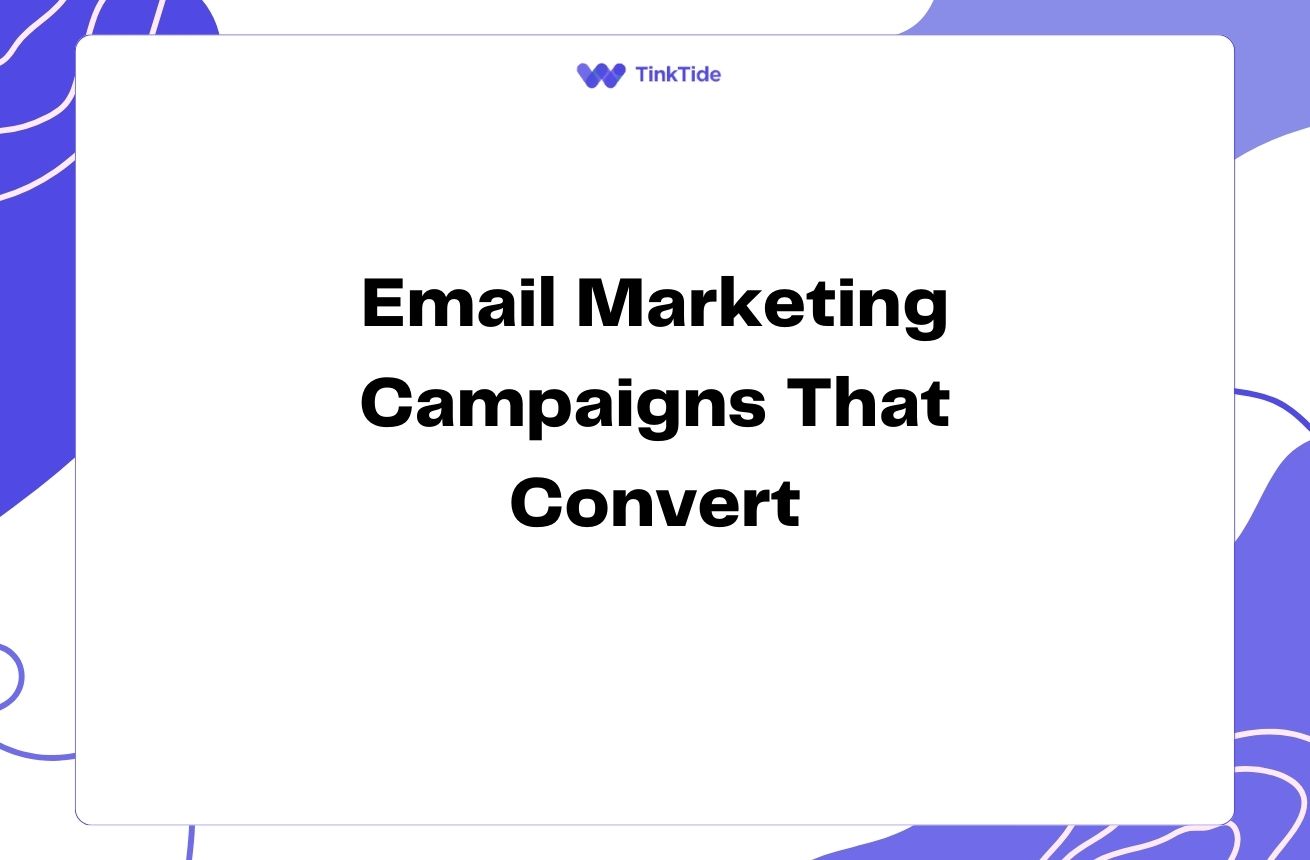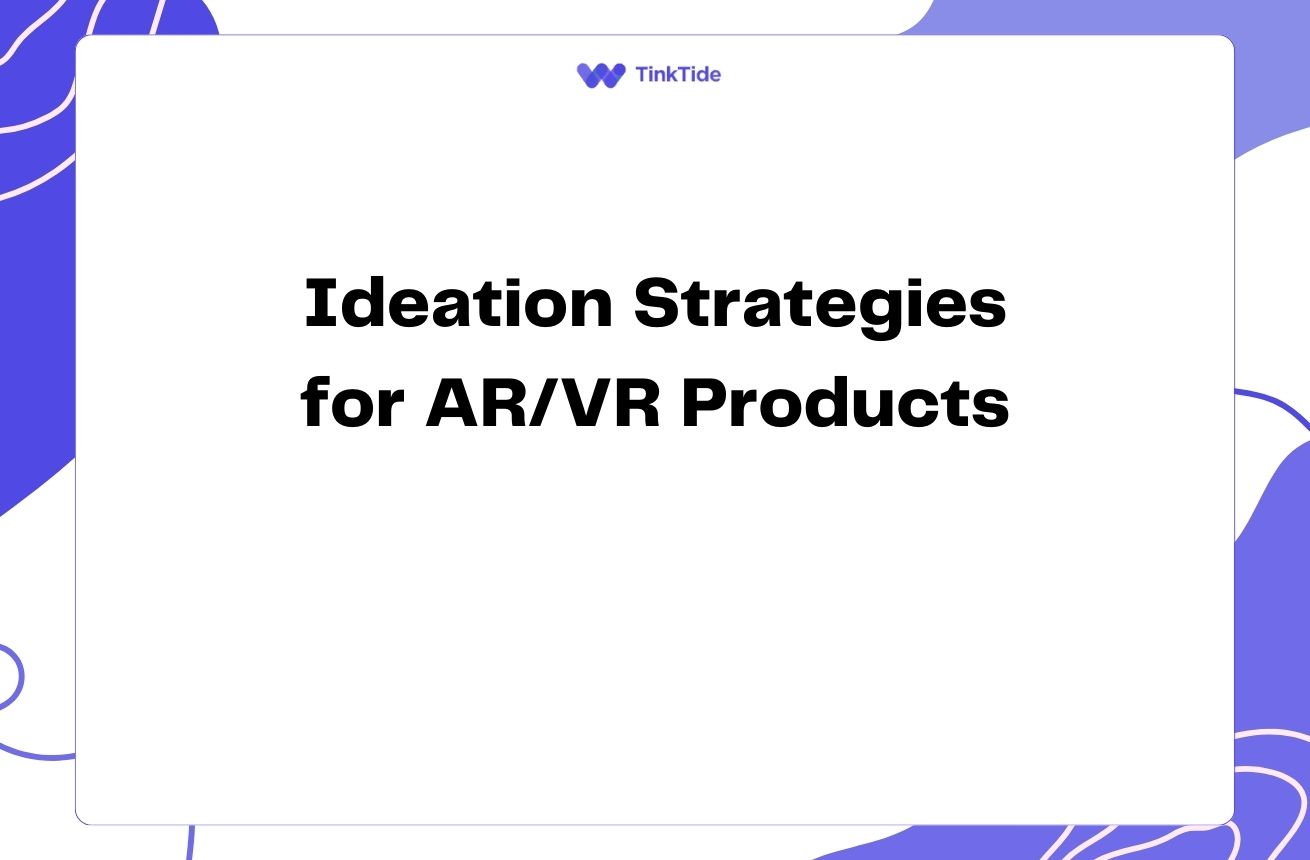Enhancing Idea Quality with AI Analytics: A Comprehensive Guide
The Power of AI in Idea Generation
Artificial Intelligence (AI) has revolutionized numerous industries, and its impact on idea generation is no exception. By leveraging AI analytics, businesses and individuals can significantly enhance the quality of their generated ideas, leading to more innovative solutions and creative breakthroughs.
AI-powered tools can analyze vast amounts of data, identify patterns, and generate insights that humans might overlook. This capability allows for a more comprehensive exploration of potential ideas, considering factors that may not be immediately apparent to human thinkers.
For example, IBM's Watson has been used in various fields, from healthcare to marketing, to generate and refine ideas based on complex data analysis. Its ability to process natural language and understand context makes it an invaluable tool for idea generation and refinement.
As we delve deeper into the world of AI analytics for idea improvement, we'll explore how these technologies can be harnessed to boost creativity and innovation across various domains.
Key Benefits of AI Analytics in Idea Refinement
AI analytics offers several advantages when it comes to refining and improving the quality of generated ideas. Let's explore some of the key benefits:
- Objective evaluation of ideas based on data-driven insights
- Rapid iteration and testing of multiple concept variations
- Identification of hidden patterns and correlations
- Personalization of ideas to target specific audiences
- Scalability in processing large volumes of ideas
AI-Powered Idea Evaluation
One of the most significant advantages of using AI analytics in idea refinement is its ability to objectively evaluate ideas. AI algorithms can assess ideas based on predefined criteria, historical data, and market trends, providing a more unbiased perspective than human judgment alone.
For instance, Salesforce Einstein, an AI-powered CRM platform, can analyze customer data to evaluate the potential success of new product ideas or marketing campaigns. This data-driven approach helps businesses make more informed decisions about which ideas to pursue.
Moreover, AI can quickly process and evaluate a large number of ideas, allowing for rapid iteration and improvement. This efficiency is particularly valuable in fast-paced industries where time-to-market is crucial.
By leveraging AI for idea evaluation, organizations can reduce the risk of pursuing unviable concepts and focus their resources on the most promising ideas.
Enhancing Creativity with AI-Generated Insights
AI analytics doesn't just evaluate ideas; it can also enhance human creativity by generating novel insights and connections. By analyzing vast amounts of data from diverse sources, AI can identify unexpected patterns and relationships that spark new ideas.
For example, Adobe Sensei, an AI and machine learning platform, can analyze design trends and user preferences to suggest creative direction for graphic designers. This AI-human collaboration often leads to more innovative and appealing designs.
Furthermore, AI can help overcome creative blocks by providing alternative perspectives and suggesting unconventional combinations. This capability is particularly useful in fields like product design, where innovation often comes from combining existing ideas in new ways.
By integrating AI-generated insights into the creative process, individuals and teams can expand their creative horizons and develop more original and impactful ideas.
Personalization and Targeting of Ideas
AI analytics excels at personalizing and targeting ideas to specific audiences or use cases. By analyzing user data, preferences, and behaviors, AI can help refine ideas to better meet the needs and expectations of target groups.
For instance, Netflix uses AI algorithms to personalize content recommendations and even inform decisions about which shows to produce. This data-driven approach ensures that ideas for new content are tailored to viewer preferences, increasing the likelihood of success.
In the realm of product development, AI can analyze customer feedback and usage patterns to suggest improvements or new features. This targeted refinement of ideas leads to products that better serve their intended audience.
By leveraging AI for personalization, businesses can create more relevant and impactful ideas that resonate with their target market.
Implementing AI Analytics in Your Idea Generation Process
To harness the power of AI analytics for idea refinement, consider the following steps:
- Step 1: Identify suitable AI tools for your specific needs
- Step 2: Integrate AI analytics into your existing ideation workflow
- Step 3: Train your team to effectively use AI-generated insights
- Step 4: Continuously refine and update your AI models with new data
- Step 5: Balance AI-driven insights with human creativity and intuition
Overcoming Challenges in AI-Driven Idea Refinement
While AI analytics offers numerous benefits for idea refinement, it's important to be aware of potential challenges. One common concern is the risk of over-reliance on AI, which could potentially stifle human creativity.
To address this, it's crucial to view AI as a tool to augment human creativity rather than replace it. Encourage your team to use AI-generated insights as a starting point for further exploration and development.
Another challenge is ensuring the quality and diversity of data used to train AI models. Biased or limited data can lead to skewed results and missed opportunities. Regularly audit and update your data sources to maintain the effectiveness of your AI analytics.
By addressing these challenges proactively, you can maximize the benefits of AI analytics in your idea refinement process while mitigating potential drawbacks.
Address common questions
Let's address some frequently asked questions about using AI analytics to refine and improve the quality of generated ideas:
How does AI analytics improve idea quality?
AI analytics improves idea quality by objectively evaluating ideas based on data-driven insights, identifying patterns and trends, and suggesting refinements. It can process vast amounts of information quickly, consider multiple factors simultaneously, and provide unbiased assessments that complement human creativity.
Can AI replace human creativity in idea generation?
No, AI cannot fully replace human creativity. Instead, it serves as a powerful tool to augment and enhance human creative capabilities. AI can provide insights, suggest connections, and evaluate ideas, but the unique human ability to think abstractly, empathize, and innovate remains crucial in the ideation process.
What types of businesses can benefit from AI-driven idea refinement?
Virtually any business can benefit from AI-driven idea refinement. This includes tech companies, marketing agencies, product design firms, entertainment industries, and even traditional sectors like manufacturing or finance. Any field that relies on innovation and creative problem-solving can leverage AI analytics to improve idea quality.
How can small businesses implement AI analytics for idea refinement?
Small businesses can implement AI analytics through cloud-based AI services offered by companies like Google, Amazon, or Microsoft. These platforms provide accessible and scalable AI tools that can be integrated into existing workflows. Additionally, there are many AI-powered software solutions specifically designed for idea management and innovation that cater to businesses of all sizes.
What are the potential drawbacks of using AI for idea refinement?
Potential drawbacks include over-reliance on AI leading to decreased human creativity, biased results due to flawed data or algorithms, and the risk of homogenized ideas if not properly balanced with diverse human input. It's important to use AI as a tool to support, not replace, human creativity and to regularly audit AI systems for bias and effectiveness.
How does AI handle the subjective nature of creativity?
AI handles the subjective nature of creativity by analyzing patterns in data that represent human preferences, successful outcomes, and cultural trends. While it can't fully capture the nuances of human subjectivity, AI can provide valuable insights based on objective data analysis. It's most effective when used in conjunction with human judgment to balance data-driven insights with intuition and emotional intelligence.
Provide additional resources
MIT Technology Review: AI and Creativity
Explore cutting-edge research on AI's role in enhancing creativity
Google Cloud AI Solutions
Discover AI tools and services for businesses of all sizes
Harvard Business Review: AI for Innovation
Read expert insights on leveraging AI for business innovation
AI for Creativity Conference
Annual conference exploring the intersection of AI and creative industries
Coursera: AI for Everyone
Online course introducing AI concepts for non-technical professionals
Embracing the Future of AI-Enhanced Ideation
As we've explored, AI analytics offers powerful capabilities for refining and improving the quality of generated ideas. By leveraging objective evaluation, data-driven insights, and rapid iteration, businesses and individuals can significantly enhance their creative output.
The key to success lies in striking the right balance between AI-driven analytics and human creativity. By viewing AI as a collaborative tool rather than a replacement for human ingenuity, we can unlock new levels of innovation and problem-solving.
As AI technology continues to evolve, its role in idea refinement will only grow more significant. Embracing these tools now can give you a competitive edge in today's fast-paced, innovation-driven world. Start exploring how AI analytics can enhance your ideation process and take your creativity to new heights.
Supercharge Your Idea Generation with AI
Ready to revolutionize your creative process? Try our AI-powered idea refinement tool today!
Start Your Free Trial

